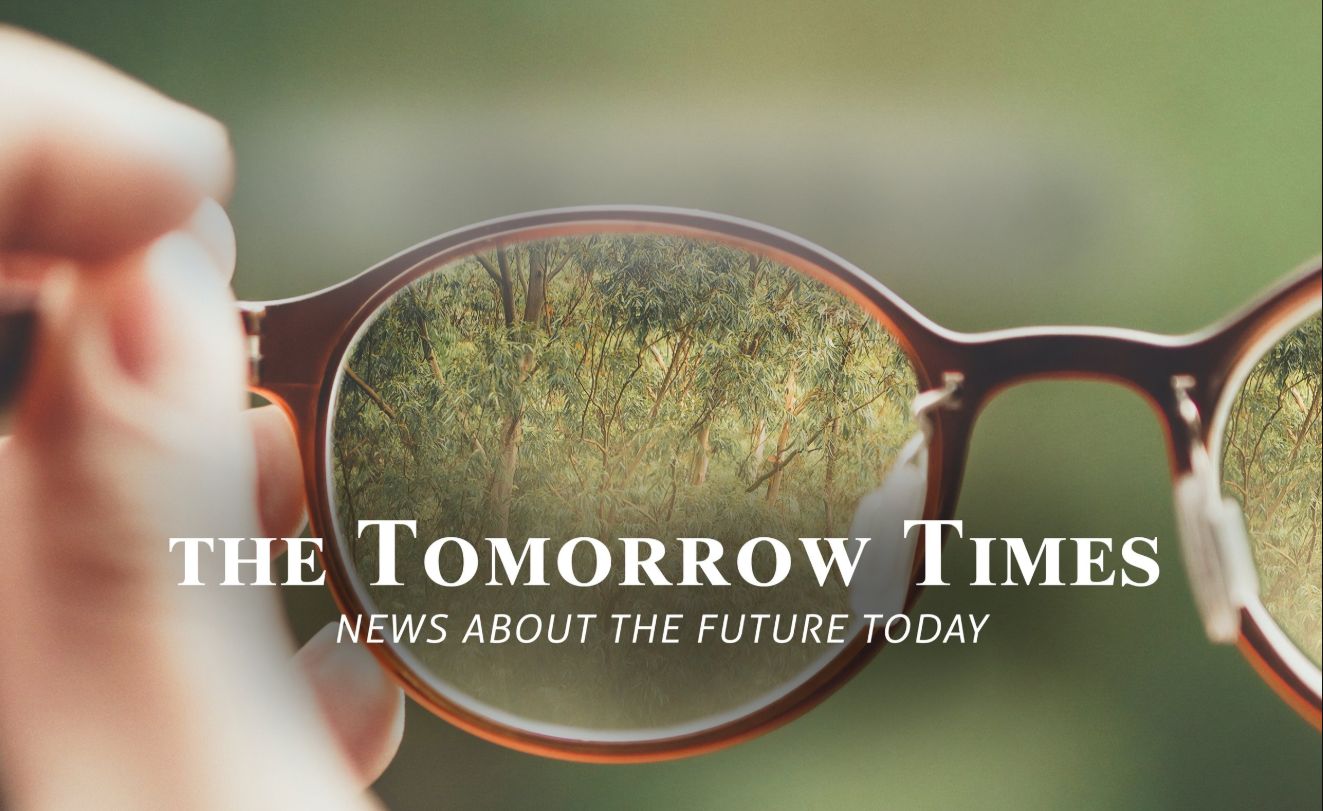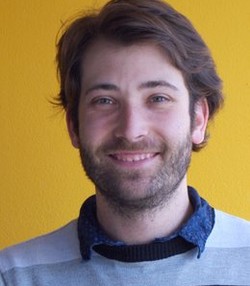By shaking global society at its foundations, the COVID-19 crisis has brought embedded fragility to the surface of paradigms we took for granted. It changes perspectives on the structures in which we have lived our social and professional lives until two months ago. Historical moments such as this one are reminders, for us to understand the importance of embedding resilience within the fabric of our society. Preparing for the unknown is our only way for us to learn and thrive in uncertainty.
This month we reflect on the emerging lessons from corona virus. Among the wealth of questions that are being posed daily, one of the most compelling inquires whether we can re-frame the COVID-19 crisis as an opportunity. As people around the globe wonder when life will get “back to normal”, like many others we believe that another question should be asked instead: how do we take this opportunity to learn from our mistakes, and build something better?
Corona virus could lead to a more sustainable society, better equipped to tackle future challenges. As the pandemic seems to be rooted in a twisted relationship between humanity and the natural world, we see hope for the recovery to revolve around fixing this same relationship. If the corona virus crisis has brought home anything, it’s that we — each of us, separately and together — can change the system.
Other news will be covered: regulations arising on the archaeology of agriculture, how designers get back to school and how AI technologies have the potential to be racist. Let us make use of the time we are given to focus on and be grateful for what we have that is positive.
Stay curious, keep up to date, and get inspired, all in a quick read.
Follow these periodical monthly updates of tomorrow’s sustainability news today, by subscribing to the Tomorrow Times.
Energy & Environment

- “World cannot return to 'business as usual' after Covid-19”. Leaders seek for systemic approaches to recovery. City leaders representing more than 750 million people have published a “statement of principles”, which commits them to putting greater equality and climate resilience at the heart of their recovery plans. Bill de Blasio, the mayor of New York City, said: “Half-measures that maintain the status quo won’t move the needle or protect us from the next crisis. We need a new deal for these times – a massive transformation that rebuilds lives, promotes equality and prevents the next economic, health or climate crisis.”
According to Indigenous leaders from around the world, “if we do not help protect biodiversity and nature, we will face this and even worse threats”. - Restoring seas devastated by over-fishing. The Firth of Clyde project is a shining example of how Scotland restored biodiversity in some of its most over fished waters.
- The archaeology of agriculture. Balancing a broad array of archaeological, botanical, and historical evidence, the book ‘Fruit from the Sands’ presents the fascinating story of the origins and spread of agriculture across the globe. A story which unveils the incredible biodiversity of crop varieties, combining it with history and cultures, not only gives an understanding of how we got here but helps learn from past successes and failures.
Business & Economy

- Is this a systemic economic crisis? We shouldn’t be comparing the coronavirus crisis to the 2008 economic crisis. The WTO said global trade would fall this year by between 13% and 32%, but unlike then, banks were not short of capital and the economic engine was in decent shape. “The pandemic cut the fuel line to the engine. If the fuel line is reconnected properly, a rapid and vigorous rebound is possible,” if countries work together, WTO Director Roberto Azevedo said.
- An inclusive transition to circularity. New research emphasizes the importance of combining circular economy policies with social protection measures in order to ensure that the burden of efforts to promote circularity will not fall on the poor. A lot of low- and middle-income countries relying on linear sectors are in fact likely to experience negative impacts of the circular economy on the short term.
- Designers back to school. Education is key in the transition to a circular economy. The North Face has understood this and is sending its designers back to school to learn how to reuse, repair, and improve the longevity of the garments they make. In this podcast, Eric Benson - Chair of Graphic Design and author of the book ‘Design to Re-Nourish’, a manual of sustainability through systems-thinking for graphic designers, shares some of his experience bringing sustainability concepts into the classroom.
Science, Technology & Design

- What you wear affects what you breathe. We spend the vast majority of our lives in close contact with clothing and other textiles. A new research summarized and critically assessed evidence from 260 research papers on how wearing clothing exposes us to various chemicals and particles.
- A new, clean cooking technology for developing countries. Household cooking is a well-known 'silent killer' in most low-income countries where every third person doesn't have access to clean modern energy. Graduate students from the Danish Technical University DTU have developed a clean system to cook, charged by solar power, exploiting a salt-based thermochemical battery. The new technology is now to be tested in refugee camps in rural Africa.
- Algorithms that run our lives are racist and sexist. From insurance payments to courtroom sentencing, AI makes increasingly complex decisions about our lives. Meet the women trying to fix them, Timnit Gebru: “I was very resistant to being pigeonholed as a black woman, doing black woman-y things.” That all changed in 2016, “That was the first time I even knew that these algorithms were being used in high-stakes scenarios,” Gebru admits “I was absolutely terrified.”
Urban Environment

- Humidity levels are a weapon in the fight against airborne viruses. Sufficient indoor air moisture levels can have a powerful but little-understood effect on the transmission of airborne diseases. "Transmission is greater in dry air, infectivity is higher in dry air, and the ability of a human being to fight infection is impaired," said Dr. Stephanie Taylor, lecturer at Harvard Medical School.
- How will COVID-19 affect urban planning? The impacts of the global COVID-19 pandemic are still being understood, but it does seem clear that this crisis will make a mark on cities, physically and socially. The cholera epidemics in the 19th century sparked the introduction of modern urban sanitation systems. How we plan our cities determines to a large extent how resilient they are. Here five key ways urban planning will be affected in the years to come.
- Six European cities will use artificial intelligence to move towards carbon neutrality. Copenhagen, Paris, Amsterdam, Helsinki, Tallinn and Stavanger will challenge businesses to develop energy and mobility solutions using Ai as well as 5G and Internet of Things technologies: the EU and ICLEI - Local Governments for Sustainability - founded AI4Cities project.
- Utrecht rooftops to be ‘greened’ with plants and mosses. A plan, set to be agreed by the municipality next September will introduce an obligation to green the roofs of all the buildings in the city district, in combination with solar panels. A future Utrecht can reinvigorate biodiversity, while creating less stressful and happier environments.
Unexpected and Intriguing

- Food for brain: Let's use the great pause to focus on the positive. Check out this great library and use it to inspire global change - The Top 100 Documentaries We Can Use to Change the World.
- Has the time finally come for universal basic income? In the past few weeks, calls for a universal basic income have been louder than ever. In normal times, politicians and policymakers like to put conditions on social security benefits – a move that usually comes from mistrust. But whatever you think of this discussion, the reality is that there is now no time for mistrust.
- What would a world without prisons look like? A series of examples from the architect Deanna Van Buren, an architect who has dedicated her career to rethinking the architecture of justice, designing civic spaces that are healing alternatives to correctional facilities.
Have you seen a news item suited for 'The Tomorrow Times'? Let us know and we'll consider including it in the next edition.
May 20, 2020

